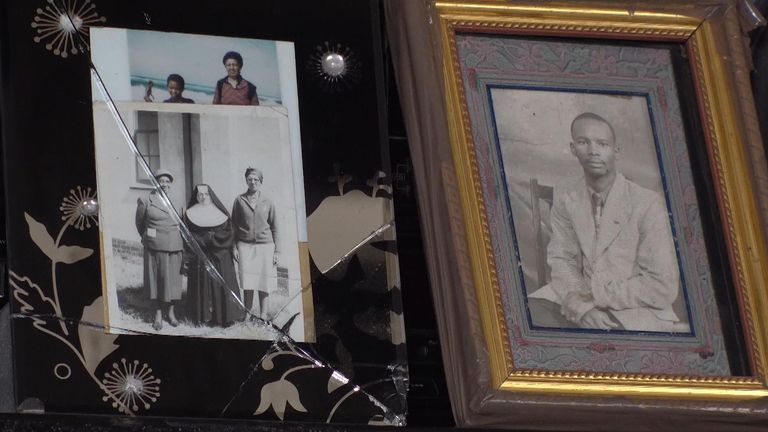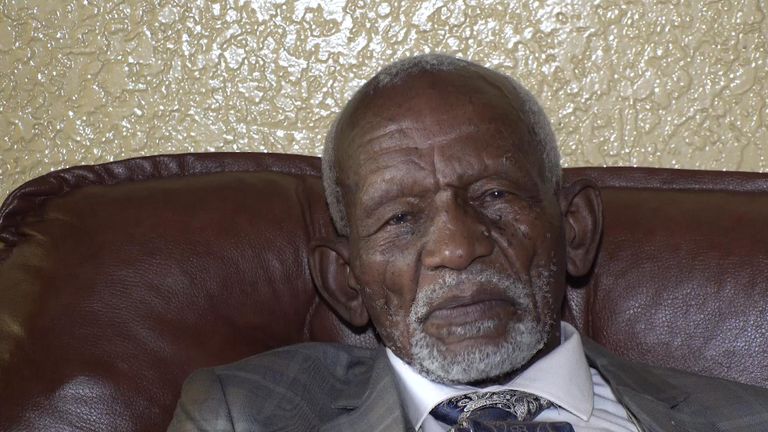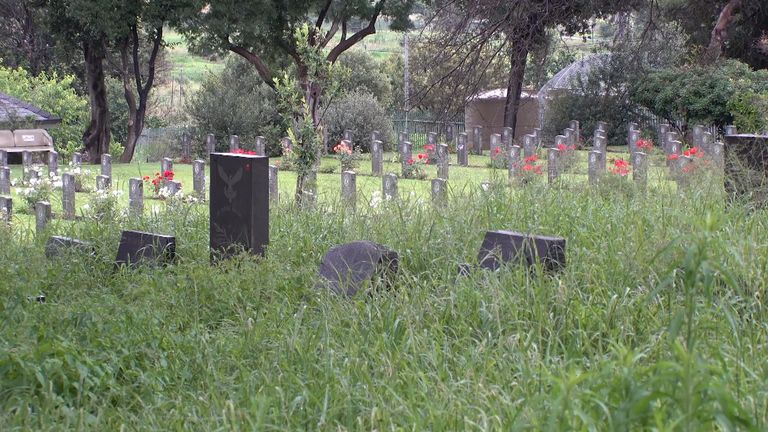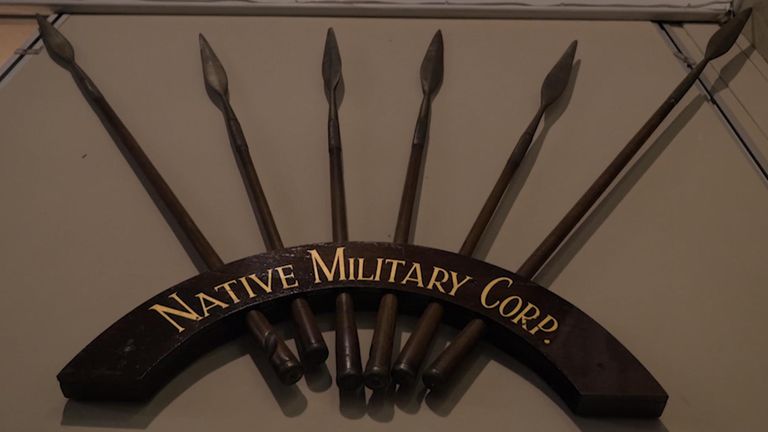Our covid-19 show is ongoing. Day 26
The coronavirus (COVID-19) outbreak is causing increased fear and worries on people. Fear and anxiety about the disease is overwhelming and causing strong emotions in young people.
Today we invited Isabel. She will share with us the impact of Covid-19 in her life.
Hello! my name is Isabel Manuel. I'm here to talk about how the coronavirus affected my life.
Covid-19 affected me in every way. It created complicated and difficult situations. This disease came in the time when no one nor I was expecting it.
There were times when I stopped working, I stayed at home for a long time, moments of solitude that I spent without communicating with anyone. This was very difficult.
But I prevent myself from this disease by washing my hands with water and soap, using masks and keeping a distance of one meter from people.
How has the covid-19 affected your academic and financial life?
The Coronavirus has affected my academic life traumatically. I was attending a professional course at a training center. I stopped studying, the training center until today is closed and will only reopen in January.
My financial life has also been affected. I stayed without working for a long time. I provide services to my clients in their homes and the houses were forbidden to receive visitors. Moreover, it was difficult to attract new and old customers because of this disease and this made me run out of money. I'm very sad about this situation.
Aren't you afraid of the coronavirus?
Honestly, I'm very scared of the covid-19 because this disease is causing deaths. That's why I protect myself very much. Fear because nobody wants to be sick in this way until they lose their lives.
My brothers and sisters, as long as we are not completely sure that there is a cure, let's protect ourselves.
Women and young people are disproportionately
Massive drops in working hours due to the COVID-19 crisis have had a devastating effect on jobs and incomes in Angola. The impact of the crisis has been far-reaching, with underemployment surging as millions of workers lost their jobs.
We have been witnessing a larger decline in working hours and employment for women than men. Also, women were more likely to move into inactivity than men. Young people have also been especially affected by working-hour and job losses.

This is the first and the only Coronavirus show in Angola where the most ordinary citizens show their brilliant talents.
The heroes of the program are the most ordinary citizens - they share with the audience their songs, poems and real stories of how the Coronavirus pandemic affected their lives.
We launched the “Corona Voice show” campaign to provide a space for young women and men around Angola to share their views, experiences and initiatives.
FIND SOMEONE TO SPONSOR TODAY
Your sponsorship will help the most affected people by covid-19 to take the first step out of poverty.
Click here to watch free full webisodes: https://coronavoice-angola.blogspot.com/















